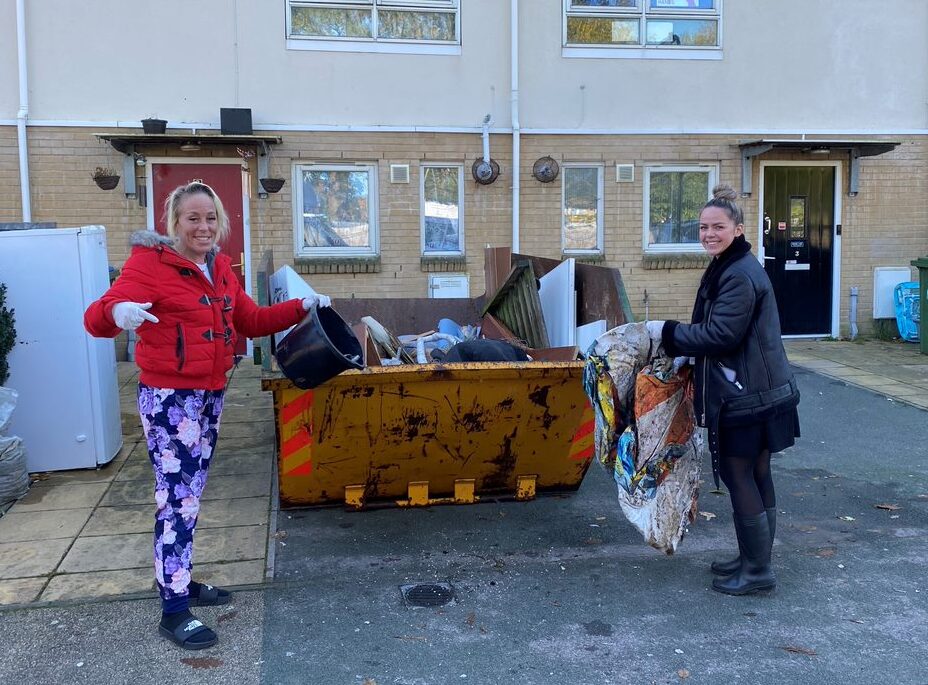
By Julie Layton
Chief Executive, Advance
Customers are central to everything we do. So, for Advance, which provides housing and support to customers with learning disabilities and mental health conditions, many of the practices in the new Social Housing (Regulation) Act are nothing new.
Several of the regulatory changes centre around working closely with hard-to-reach tenants. For us, this is business as usual, as all the customers we work with are considered hard to reach because of their individual needs or their location.
Beyond a ticked box
At Advance, engagement is more than a tick-box exercise. We want to empower our customers to achieve their goals and know their voices are heard.
Alongside our Customer Partnership, the formal link to our board, our Customer Collective offers customers the chance to make a meaningful difference, share ideas and feedback, and to socialise with others.
This year, we’ll also be delivering in-person roadshow events, creating further opportunities for customers to engage with us and share their experiences and we’ll provide transport for customers for whom accessibility may be an obstacle.
Valuable data
When considering the new Tenant Satisfaction Measures (TSMs), our priority is ensuring surveys are accessible and data is meaningful. This is tricky with a prescribed set of questions, so we’ll check results through focus groups and individual conversations so we can identify the right actions for our teams.
“Just because something has been well received before, it doesn’t mean we can’t improve”
Before the TSMs, we’ve always guaranteed at least an annual visit to every customer, priding ourselves on visibility and believing face-to-face contact is pivotal to relationship-building.
By meeting customers, they will tell you what they think, and will often share information that may not have been forthcoming in a formal survey. But it’s important that people meeting with residents have a consistent approach to recording and acting on feedback, especially for customers with additional support needs.
A culture of consistency
The fundamental starting point is creating the right culture, and a significant amount of time and effort goes into this – from my role as chief executive, through to inspiring colleagues and supporting customers daily.
Our values run through everything we do. Our onboarding sets the tone for what we expect from staff and is embedded through regular communications and events. We involve customers wherever possible in setting our vision and values, developing training and contributing to events, and we adapt our approach to enable customers with varying needs to get involved.
Fundamentally, everyone is here for the same reason – to transform the lives of people with a disability or mental health condition by providing the best quality housing and support, and the way to achieve that is to know our customers, hear from them and understand their wants and needs.
Further progress
We’re proud of our achievements, but there’s more to do. One main driver of complaints for us, and many providers, is communication. This year, we’ll be carrying out a project with customers to review and update letters, newsletters, customer packs and more. But that’s just the start.
I’m challenging employees to consider what processes currently are, and ask what can make things more friendly or more accessible. Just because something has been well received before, it doesn’t mean we can’t improve.
And that’s what the new regulations are doing, too. We know there’s incredible, life-changing work going on across the sector, but we shouldn’t settle.
We must evolve as our customers’ expectations evolve. Advance’s vision is to enable customers to live the lives they choose, achieve their goals, feel valued and know they’re heard. And I believe the new regulations will help us achieve exactly this.





















